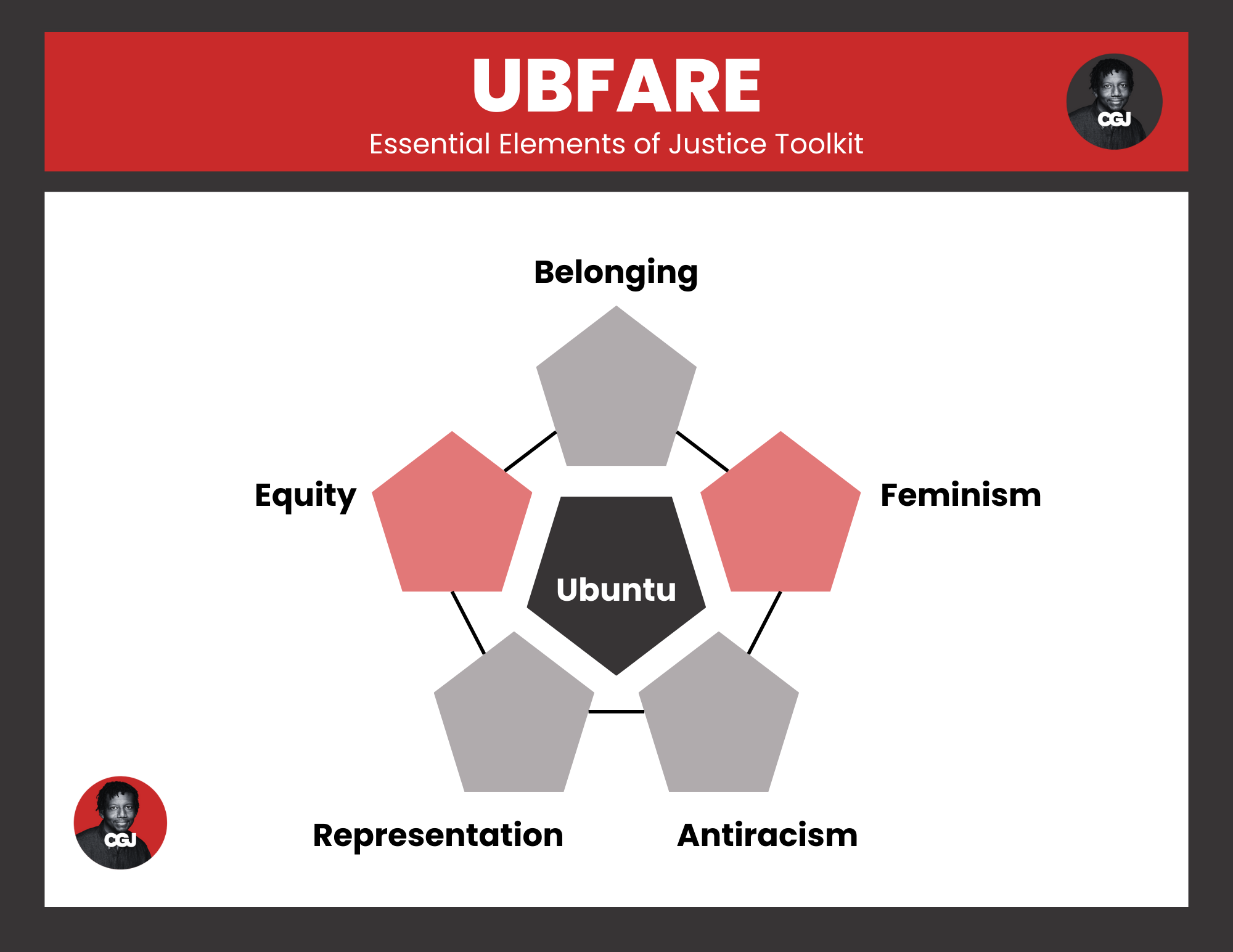
Women of All Backgrounds
Women globally face ongoing marginalization influenced by factors like race, class, religion, and sexual identity. Patriarchy and gender biases limit access to education, healthcare, economic opportunities, and political representation. They encounter systemic discrimination, violence, and restricted autonomy, affecting their well-being and community health. This issue is complex, operating subtly through cultural norms and overtly through inadequate policies. Addressing gender inequity requires an inclusive approach, acknowledging diverse experiences and challenges.
A Note on Scope and Intention
This is not an exhaustive list of every marginalized group. Rather, it highlights those groups that experience widespread, consistent marginalization across multiple regions and societies. These groups often face compounded barriers and exclusion, creating deep and lasting impacts on access to resources, recognition, and rights. The goal of this page is to help DEI, UBFARE, and JEDI professionals make space to address these systemic exclusions and work toward removing these barriers in meaningful ways.
Example Groups
Indigenous women, Black women, Muslim women, Arab women, Japanese women, Korean women, Latinas, LGBTQIA+ women
Citations
Coming Soon
A Resource for Change
DEI (Diversity, Equity, and Inclusion) efforts often aim to address these disparities, but many fail to reach those most severely impacted. This page is a resource for UBFARE, DEI, and JEDI professionals—a starting point to help identify and address the barriers and exclusions that deeply affect globally marginalized groups. These intersecting systems of political, economic, and social marginalization create complex hierarchies of oppression, bias, and hate. This page doesn’t have all the answers, but as Shannon Bartlett, Chief Diversity, Equity & Inclusion Officer of the National Geographic Society, says, ‘There are rarely DEI answers—what there are are a lot of questions that can help us make better-informed and more inclusive decisions.’
Here is a beginning. A resource for those committed to transformative change.”
UBFARE: Essential Elements of Justice Toolkit
Explore the UBFARE framework for justice, belonging, and equity. This free toolkit outlines the core principles of Ubuntu, Belonging, Feminism, Antiracism, Representation, and Equity, offering actionable steps to foster systemic transformation.





